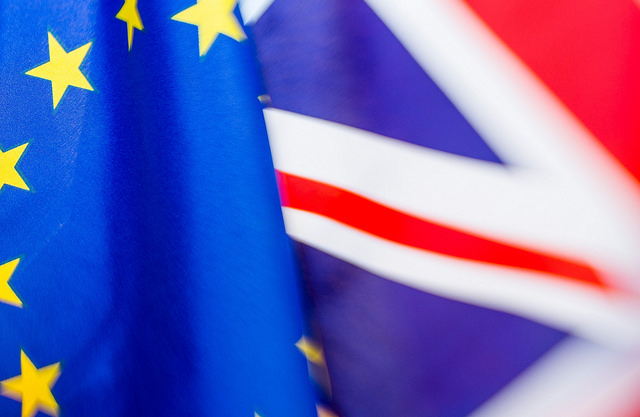By Suzzie Onyeka Oyakhire, Lecturer, Faculty of Law, (University of Benin, Nigeria; suzzie.oyakhire@uniben.edu)
 This piece reflects on the teaching of International Economic Law (IEL) in Nigeria specifically within the legal education curriculum of undergraduate studies. It considers the status of IEL as a course of study and considers some epistemological challenges encountered in teaching IEL, including the content to be covered within the curriculum.
This piece reflects on the teaching of International Economic Law (IEL) in Nigeria specifically within the legal education curriculum of undergraduate studies. It considers the status of IEL as a course of study and considers some epistemological challenges encountered in teaching IEL, including the content to be covered within the curriculum.
The studying and teaching of IEL in Nigeria is largely undeveloped. This is because within the legal curriculum of undergraduate studies, IEL is not prioritised in the research agenda and teaching within the Faculties of Law. For several years IEL was excluded as a course of study in Nigerian universities and, where it is taught, it is relegated to the status of an optional course. Consequently, over the years, several lawyers have graduated without any significant exposure to IEL. Often, the earliest exposure with IEL occurs during postgraduate studies overseas in which the knowledge and understanding of IEL is influenced by the perspectives of their teachers, usually teaching from, or at least influenced by a Eurocentric position. (more…)

